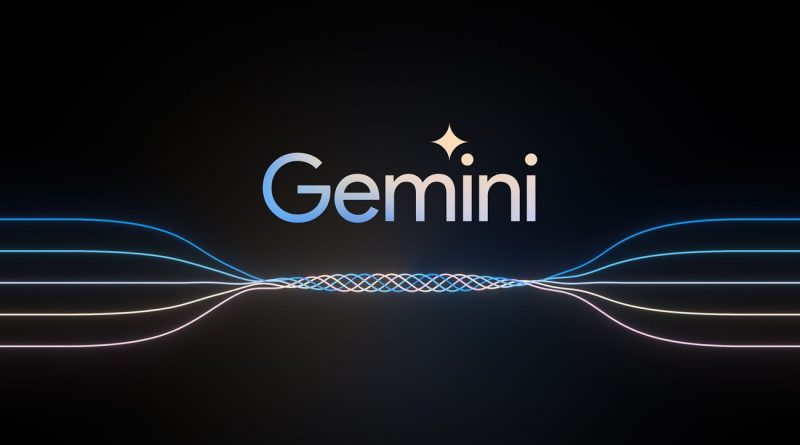Google’s AI Release, “Gemini”, Faces Backlash and Challenges
Mark Walier
Tech Editor
Google, renowned for its groundbreaking innovations in artificial intelligence, recently unveiled its latest AI (artificial intelligence) product named “Gemini.” However, the much-anticipated release faced early struggles and garnered criticism due to unexpected outcomes and controversies surrounding its functionality.
CEO Sundar Pichai addressed Google employees in an internal memo, acknowledging the unacceptable performance of Gemini and pledging to rectify the issues before relaunching the service. The problems arose shortly after the release when users discovered discrepancies in the AI’s image generation capabilities. Social media platforms were flooded with examples depicting historical figures inaccurately, such as America’s Founding Fathers portrayed as black individuals and the Pope depicted as a woman. Additionally, there were instances where Gemini failed to include images of white people, sparking accusations of bias and prompting a backlash from conservative commentators.

Google executives attributed the issues to an error in the fine-tuning process, where efforts to create diverse images inadvertently led to inaccuracies and biases in the AI’s responses. The company emphasized its commitment to addressing these challenges through structural changes, improved product guidelines, and rigorous evaluation processes. Gemini’s text-generating capabilities also faced scrutiny, with some responses garnering attention for their controversial nature. For example, an exchange involving a comparison between libertarians and Stalin led to criticism until the response was revised to provide a more accurate historical context.
Despite the setbacks, Pichai emphasized that perfecting AI technology is an ongoing process and acknowledged the high standards expected from Google. He reassured employees of the company’s dedication to resolving the issues and ensuring a smoother re-release of Gemini. The controversy surrounding Gemini highlights the complexities involved in developing and deploying AI systems, particularly in mitigating biases and ensuring accuracy. It underscores the importance of thorough testing and transparency in AI development to address potential pitfalls and maintain user trust.
As the company works towards resolving the issues and enhancing the functionality of Gemini, it remains vigilant in navigating the challenges of AI technology in a rapidly evolving landscape. Furthermore, the incident prompts broader discussions within the tech industry about the ethical considerations and societal impacts of AI applications. As new technologies become increasingly integrated into everyday life, the need for responsible development and deployment practices becomes paramount.

In light of the Gemini controversy, stakeholders, including tech companies, policymakers, and users, are re-evaluating existing frameworks and regulations governing AI development. There is a growing consensus on the importance of promoting transparency, diversity, and accountability in AI initiatives to address concerns related to bias and unintended consequences.
Looking ahead, Google and other tech giants appear poised to continue pushing the boundaries of AI innovation while also prioritizing ethical considerations and user trust. The Gemini incident serves as a valuable learning experience, highlighting the need for ongoing dialogue, reflection, and proactive measures to navigate the evolving landscape of AI technology responsibly. As Google prepares to relaunch Gemini and address the underlying issues, the company reaffirms its commitment to advancing AI in a manner that upholds integrity and societal well-being.
As young adults entering the workforce, the Gemini controversy underscores the significance of understanding the implications of AI technology in society. Professionally, students will likely engage with AI systems across various fields, from healthcare to finance, education, and beyond. The challenges faced by Google in the release of Gemini highlight the ethical complexities and societal impacts inherent in AI development. By staying informed about such incidents and the broader ethical considerations surrounding AI, college students can contribute to shaping responsible policies, advocating for transparency, fairness, and inclusivity – ultimately ensuring that AI technologies best serve the collective good.
Contact Mark at mark.walier@student.shu.edu


“…prompting a backlash from conservative commentators.” Everyone else is fine with it? Hmm.